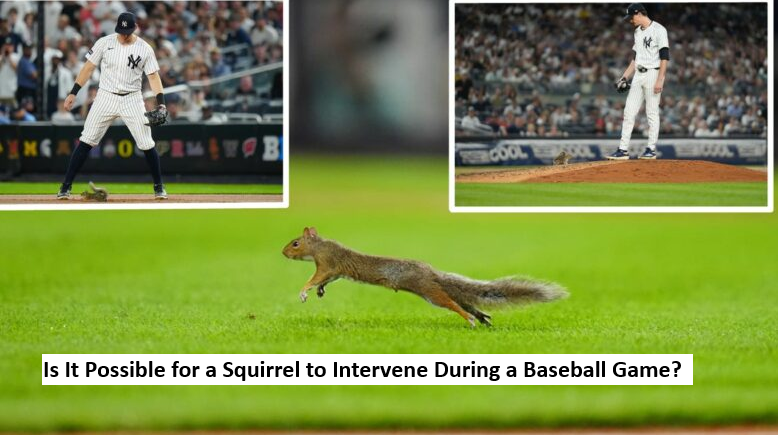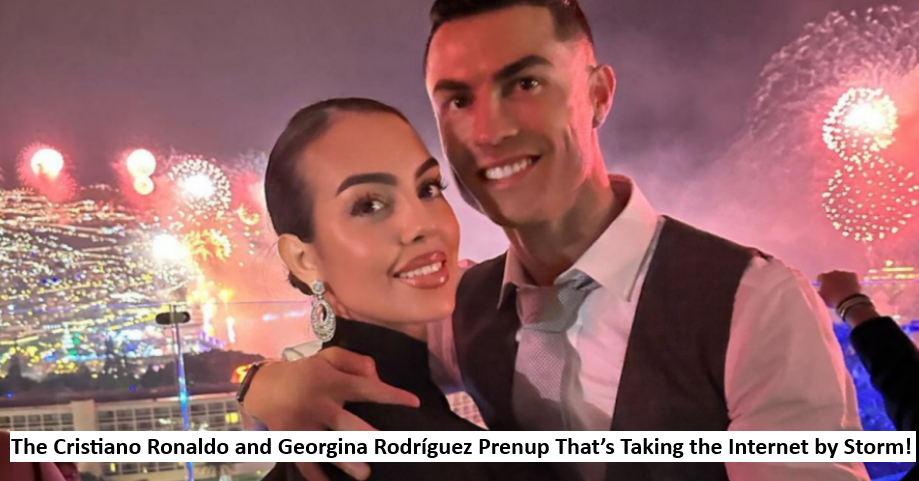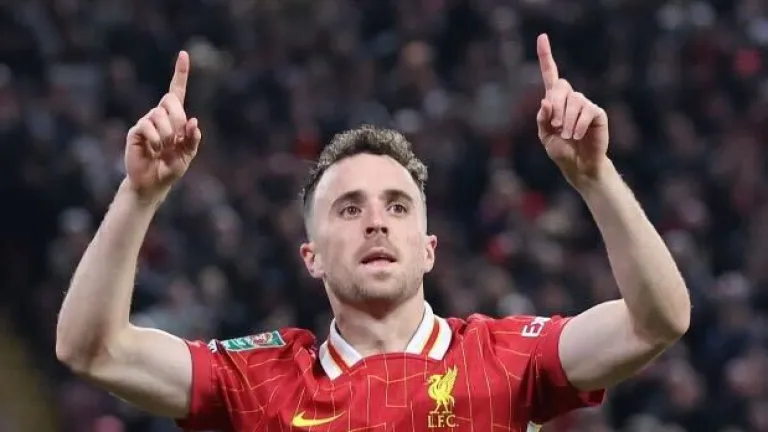The Red Light Blinked. The Press Room Fell Quiet.
Caitlin Clark, usually poised and unshaken, held her breath just a moment longer than usual.
On the screen behind her, frozen in sharp detail, was a still from the now-infamous BBC interview. Monica McNutt. The quote: “She’s a white girl from the middle of America.” No press statement. No denial. No dramatic comeback. Just a folder—thick, marked CONFIDENTIAL.
Clark slid the folder across the table to her legal team.
A brief pause. Then five words: “We’re moving forward with it.”
The room didn’t gasp. But it shifted.
Because in that moment, Caitlin Clark was no longer just the face of her league. She had become the plaintiff in what is now the most high-profile defamation case in modern sports history.
A Spark Turns into a Fire
The tension didn’t originate in a courtroom—it ignited in a BBC studio.
What was supposed to be a casual discussion about the WNBA’s recent growth took a sharp turn. ESPN analyst Monica McNutt was asked why viewership and engagement had surged since Clark’s rookie debut.
Her answer? “She’s a white girl from the middle of America. That makes her more relatable to the broader fanbase.” The clip lasted just ten seconds, but within hours, it went viral—edited, subtitled, and stitched into countless conversations about race, media representation, and sports.
From Commentary to Controversy
McNutt’s remark wasn’t a one-off. Over the following weeks, she doubled down—on podcasts, studio panels, and live debates—suggesting Clark’s rapid rise was less about talent and more about timing, optics, and her race.
“There were women worthy of coverage before she arrived,” McNutt added in another segment.
Clark remained silent publicly—no tweets, no statements—just focused on basketball, breaking records, scoring points, assisting, selling tickets, and making headlines nationwide.
But behind the scenes, her team was gathering evidence—clips, quotes, media reactions, comments. And then came the call: legal action.
A Lawsuit Built on a Mountain of Silence
The 43-page complaint, filed in federal court, lays out clear allegations:
- Defamation
- Reputational harm
- Malicious misrepresentation
It claims McNutt’s statements weren’t mere opinion but were deliberately crafted to undermine Clark’s credibility, diminish her achievements based on her race, and stir division during a fragile period for league unity.
Among the exhibits:
- An internal ESPN memo acknowledging concerns over “unbalanced racial framing”
- Clips of rival fans holding signs like “Overhyped White Hype” at away games
Reports of On-Court Hostility Against Clark Spike After McNutt’s Most-Watched Segment Airs
The lawsuit isn’t solely about monetary damages.
It seeks a public retraction, a formal acknowledgment, and a reset of the narrative.
Inside the ESPN Fallout
When news of the lawsuit broke, insiders at ESPN were already on edge.
One producer described Monica McNutt as “visibly shaken” after being served.
Another said she “had to be escorted out of the building to avoid press outside.”
No official statements have been issued—neither from McNutt nor from ESPN.
But the silence has only amplified the headlines.
Across multiple platforms, fans are sharply divided:
- Some defend McNutt, arguing she was “calling out uncomfortable truths.”
- Others accuse her of “race-baiting” and “trying to silence a woman who’s performed at the highest level.”
And Somewhere in the Middle: Caitlin Clark
Not shouting. Not explaining. Just… acting.
Freeze Frame: A League Holding Its Breath
A photographer captured an iconic image the morning the lawsuit was filed:
Clark standing outside the courthouse, face composed, holding a folder in her left hand, clasping a young fan’s hand with her right. The girl, wearing a No. 22 jersey, was blonde, perhaps 10 years old, crying but smiling.
In that moment, the story split.
- To some, Clark had become a hero—standing up against media narratives that often go unchallenged.
- To others, she represented a threat—proof that criticism might now carry legal consequences.
But to the girl holding her hand?
She was just Caitlin—someone who stays behind after every game, signs every shoe, takes every photo, and always says “thank you,” like she means it.
A Conversation No Longer Just About Basketball
This lawsuit isn’t only about Clark.
It’s about who controls the story—and who pays the price when that control is abused.
In a league already grappling with issues of race, gender, representation, and equity, Clark’s legal action feels like a breach of protocol.
Athletes are expected to “take the high road”: smile, absorb criticism, keep playing.
Clark didn’t.
“She didn’t sue because she’s angry,” her attorney explained.
“She sued because she was told to be quiet one too many times.”
McNutt’s Moment of Reckoning
For Monica McNutt, the fallout has been swift and unexpected.
Leaked internal emails describe her as “incredibly emotional,” “defensive,” and “unaware that it had gone too far.”
One colleague said, “She thought it was just commentary, but this time, it cracked something deeper.”
Known for her sharp, fearless voice in sports media, McNutt now faces a new challenge:
What happens when words—claimed as opinion—meet accountability in court?
The Numbers Don’t Lie
While narratives swirl, the data tells a clear story:
- WNBA attendance is up 48% since Clark’s debut.
- Jersey sales lead all players across both NBA and WNBA.
- TV ratings have doubled.
- Merchandise revenue has surged over 300%.
One league executive, speaking anonymously, said:
“People aren’t watching Clark because she’s white. They’re watching because she’s electric.”
The Pause Before the Verdict
Back in Indianapolis, Clark returned to practice as if nothing had changed.
Teammates describe her as “locked in.”
Coaches say she “smiled, joked, and led warmups like always.”
But she’s no longer the same athlete the media once shaped so freely.
She now understands her platform is power—and she’s done waiting for others to use it for her.
A Final Scene and a Silent Fallout
Most of the ESPN studios remained dark for the afternoon.
A segment was canceled, and an emergency meeting was convened.
Producers debated: Should they comment? Ignore it? Double down?
Outside, a reporter spotted McNutt leaving through a side door.
She didn’t wave. She didn’t stop. Just got into a black SUV and closed the door behind her.
No words.
Because sometimes, the loudest fallout is the one no one dares to speak.
A League Divided. A New Precedent Set.
Whatever the court’s ultimate decision, one thing is clear:
Caitlin Clark didn’t seek this fight.
She earned her platform through hard work—step-back jumpers, full-court vision, leadership that can’t be taught.
She didn’t sue to make a statement.
She sued because she is one.
In the end, this isn’t about race, media, or labels.
It’s about accountability.
And for the first time in a long while, someone with power refused to walk away quietly.
She turned and said:
“No. Not this time.”
DISCLAIMER:
This feature is based on verified game footage, publicly available statistics, and statements from post-game press conferences. All names, scores, and factual references reflect real WNBA events and league-reported data. While some elements include reflection, narrative reconstruction, and emotional interpretation, they adhere to accepted standards of longform sports journalism.
Opinions and inferred sentiments are rooted in observed player behavior, publicly recorded interviews, and patterns widely recognized by fans and analysts. Quotes from coaches and players are sourced from official press interactions or paraphrased in accordance with fair use.
This article aims to contextualize a compelling and controversial sports moment through layered storytelling. No claims are made regarding the intent or integrity of any involved parties. The goal is to explore how perception, silence, and public reaction shape the athlete’s experience in high-stakes moments.
Readers are encouraged to view this as a detailed narrative built around real tension, real games, and real emotion—presented through a lens that balances facts with the lived realities of the sport.




